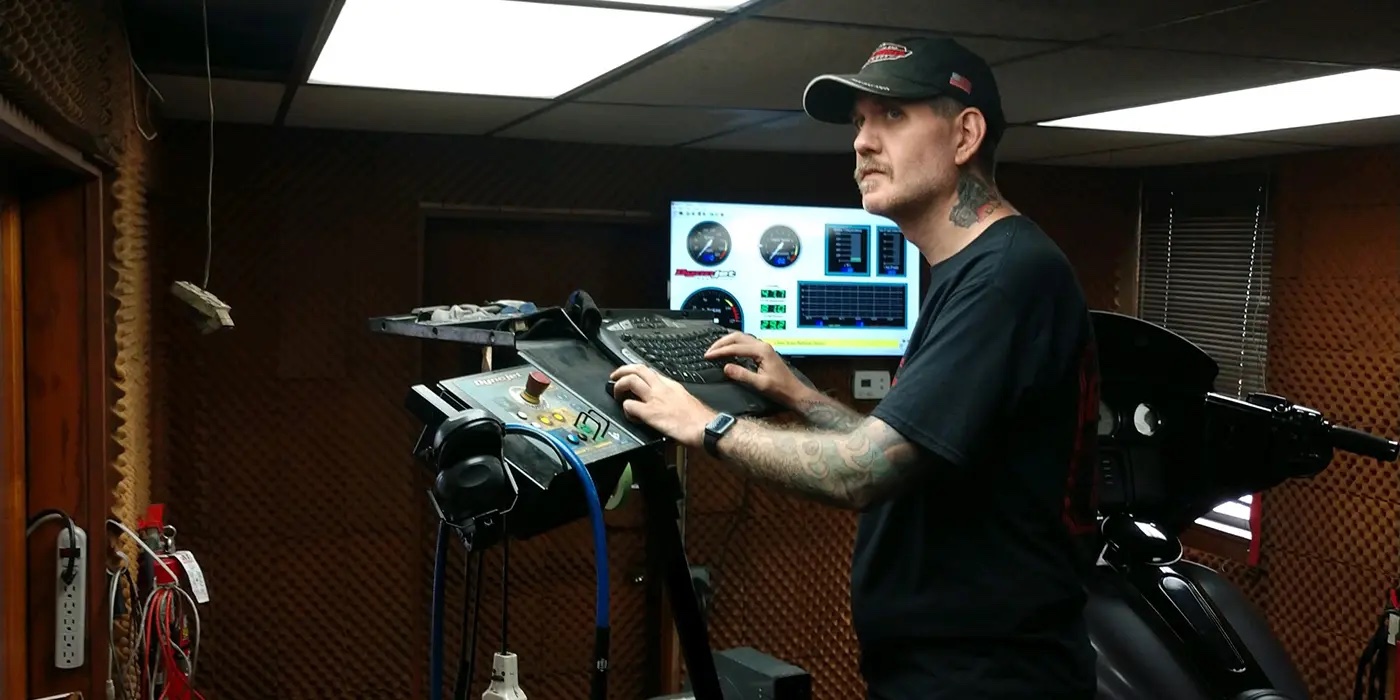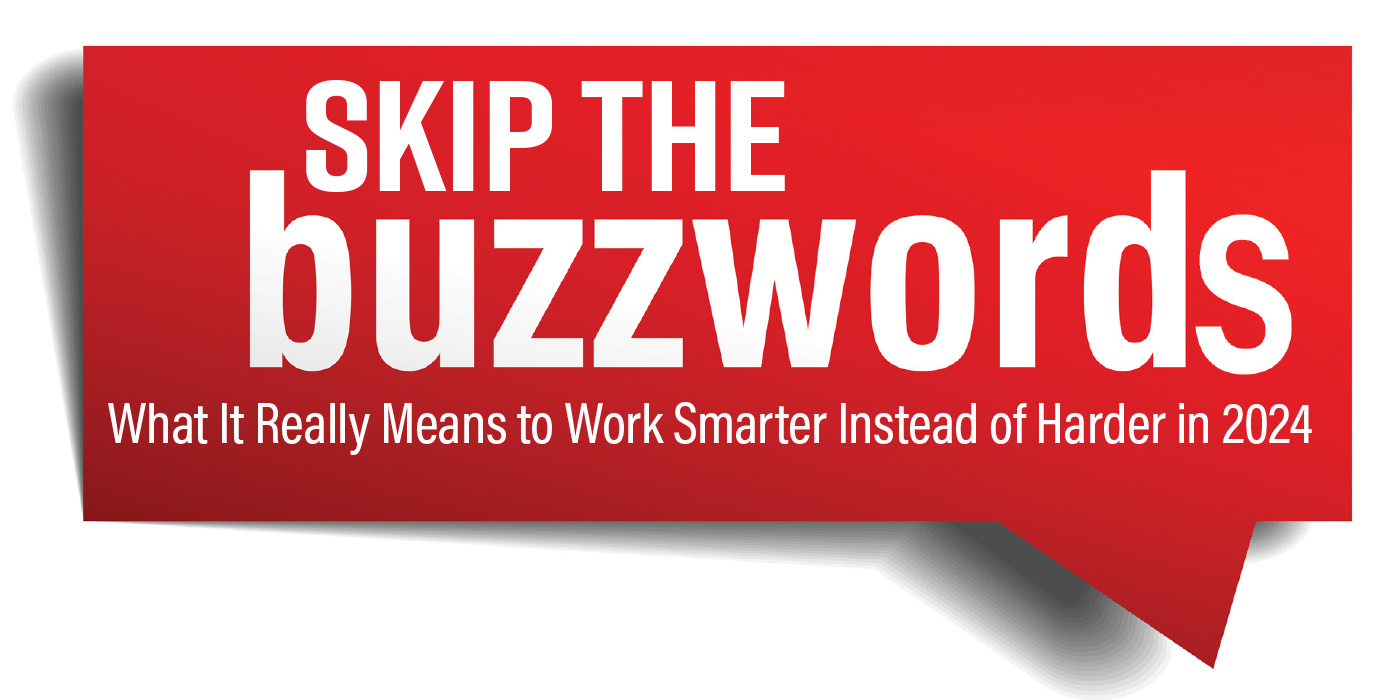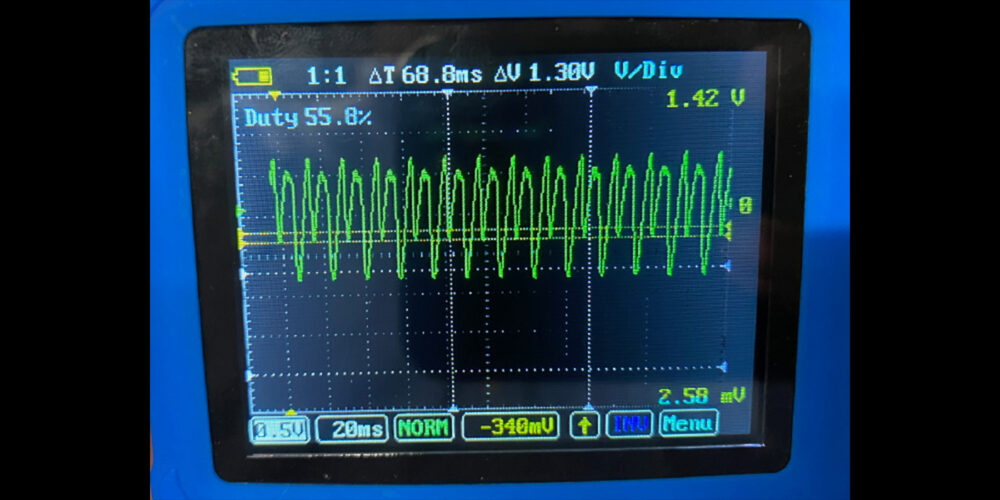
In order for an employer to conduct a background check for employment purposes, the Fair Credit Reporting Act (FCRA) requires written permission from the applicant to authorize the employer to conduct a background check through a third-party provider; a background screening company. This written authorization cannot be part of the company’s employment application but must be a stand-alone document. The authorization form can also identify that the applicant received the following separate forms to include: Disclosure Information, Notice of Investigative Consumer Reports, Notice of Additional State Laws, a stand-alone Notice of California law regarding background investigations and the FCRA Summary of Rights.
As noted above, accompanying the written authorization form granting permission to conduct a background search is a disclosure form. The disclosure form explains to the applicant that the employer may obtain a consumer report (background screening report) from a consumer reporting agency for employment purposes. The disclosure informs the applicant what a consumer report is and what information may be part of the consumer report. The disclosure should mention that the report may contain information about the applicant’s criminal history, sex offender registry status, credit history, employment history, education history, driving history, professional licenses and other information about the applicant. The disclosure also informs the applicant that the report may bear upon their character, general reputation, personal characteristics and/or mode of living.
In addition to the authorization form and disclosure form, there should be a separate document informing the applicant that the employer may conduct an “investigative” consumer report on them. This notice informs the applicant that the employer may conduct personal interviews with sources such as neighbors, friends or associates. The form also lets the applicant know that in most cases, the common “investigative” purpose is to ask questions about the applicant’s previous employment history. Once again, the investigative disclosure form explains to the applicant that the purpose of the investigative consumer report is to determine the applicant’s character, general reputation, personal characteristics and/or mode of living.
Accompanying all of these forms, in a separate document, should be a form that notifies the applicant of different state laws related to employment screening. Said form should include information about the state laws of Washington, Massachusetts, New Jersey, New York, Minnesota, Oklahoma and California. Employers should know that the state of California requires a separate notice regarding California law related to employment screening. This form is required to be given to California residents seeking employment either in California or in another state.
Finally, as part of the background screening documents mentioned, the employer should provide the applicant with a copy of his/her FCRA Summary of Rights. This information provides the applicant with important informing concerning their legal rights regarding having a background check conducted on them.
None of the above-mentioned forms should have any indemnification language or limited liability language in an attempt to shield the hiring company or consumer reporting agency conducting the background check from any legal liability. Also, employers should not include any extraneous language in their disclosure forms that might confuse or misdirect the applicant as to the specific purpose of the background screening report.
The author of this article is not an attorney and offers no legal advice. The content of this article should be reviewed by your corporate attorney before taking any action based on its content.
This article was originally published by Auto Success.
Click here to view more solutions from Andrew Scott and Scott-Roberts & Associates, LLC.













